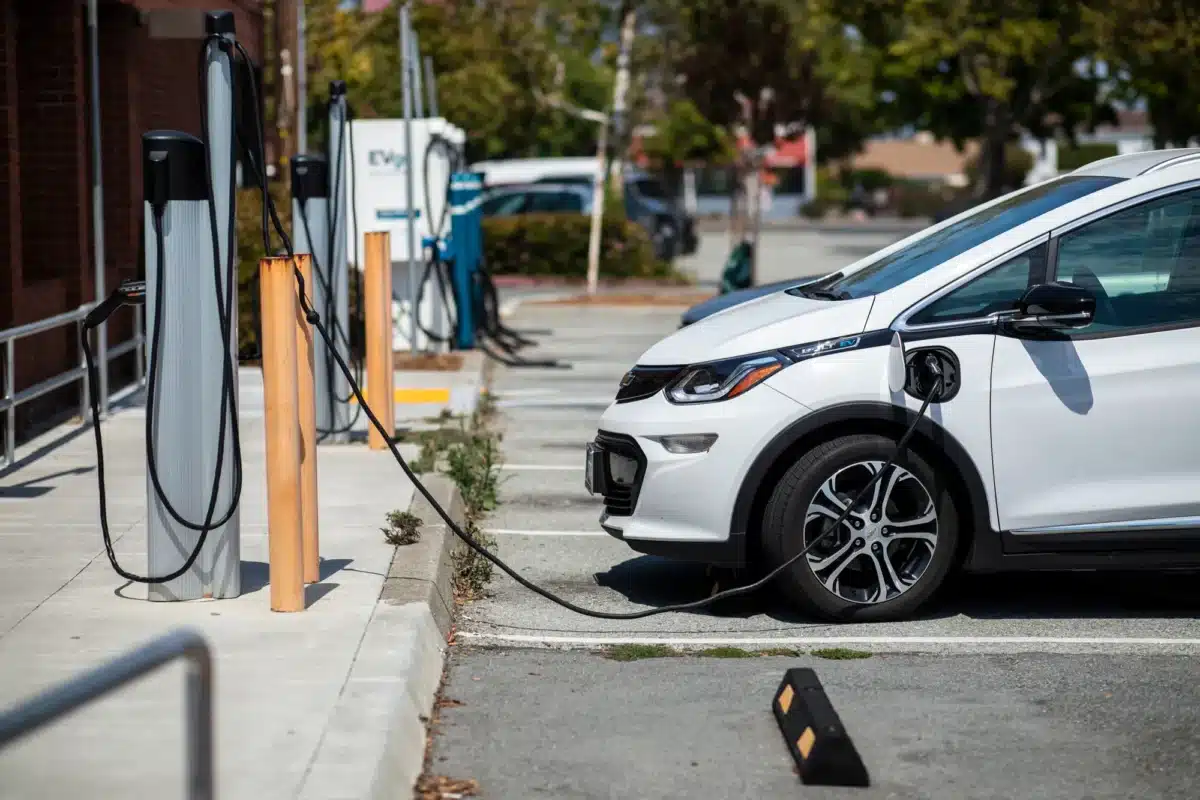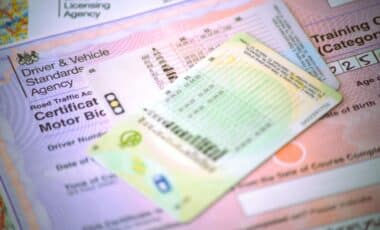As the UK accelerates its transition to electric vehicles, a significant financial challenge looms. Fuel duty, a critical source of government revenue, is set to decline sharply, raising concerns about how the Treasury will bridge the gap.
A report by the Climate Change Committee (CCC) highlights the urgency of the issue, revealing that nearly half of all environmental tax revenue comes from fuel duty. Without intervention, this revenue could fall by a third by 2030, creating a substantial shortfall.
Experts are now urging the government to explore new taxation models to sustain funding while supporting the shift to cleaner transport.
Fuel Duty Decline Threatens Public Finances
According to the CCC, fuel duty generated £25 billion in 2023, making it one of the largest contributors to the UK’s environmental tax revenue. However, as more drivers switch to electric vehicles (EVs), this figure is expected to drop significantly.
The committee warned that without policy changes, the Treasury could face a severe funding deficit, impacting public services and infrastructure investment.
The UK’s Zero Emission Vehicle mandate requires all new cars to be electric by 2035, with at least 28% of new sales expected to be EVs by the end of 2024. This shift is driven by falling battery costs and expectations that EVs will become cheaper to buy and run than petrol and diesel models within the next few years.
Despite these benefits, the loss of fuel duty presents a major fiscal challenge. The CCC has suggested exploring alternative environmental taxes to compensate for the shortfall. One option is a carbon tax, which could incentivise businesses and households to adopt low-carbon technologies.
However, the committee also noted that such a tax may not provide sustainable long-term revenue, as its effectiveness relies on reducing carbon emissions.
Calls for Incentives and Infrastructure Investment
Industry leaders stress that the success of the transition depends not only on taxation but also on policies that encourage EV adoption. Mike Hawes, Chief Executive of the Society of Motor Manufacturers and Traders, has called for bold incentives, lower electricity costs, and expanded charging infrastructure to support the shift.
Charging availability remains a key concern. According to the CCC, the UK’s public charging network needs to grow from 54,000 charge points in 2023 to 300,000 by 2030 to meet rising demand. Ken McMeikan, CEO of Moto, described this expansion as “absolutely critical” for a successful transition.
Misinformation about EVs also persists. Vicky Edmonds, CEO of Electric Vehicle Association England, noted that many drivers still question the environmental benefits of EVs, despite evidence that they are four times more energy efficient than petrol cars.
She urged policymakers to address misconceptions and ensure that EVs remain accessible and affordable for all drivers.









